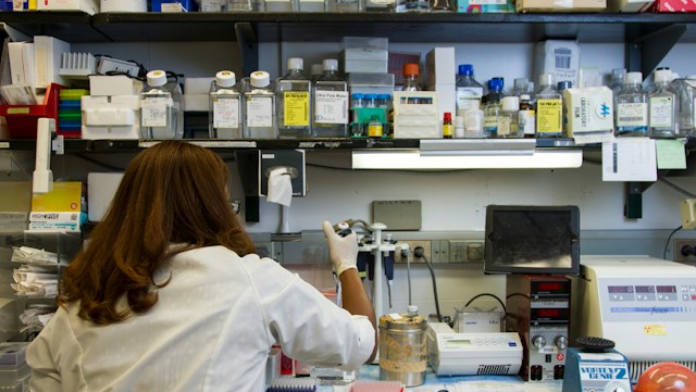Within the fast-paced environment of healthcare facilities, the management of assets is a crucial advancement. Tracking equipment becomes paramount for delivering quality care. The advent of smart hospitals is transforming asset management through cutting-edge technology. This post delves into the importance of asset tracking for hospital equipment in this context.
Asset tracking emerges as a linchpin in ensuring seamless operations in hospital settings. The quest for locating items like infusion pumps, wheelchairs, or surgical instruments can be a time-draining and exasperating endeavour. Misplaced equipment disrupts workflows and directly impacts patient care, underscoring the significance of efficient asset management.
Smart medical institutions are embracing hospital asset-tracking software solutions, incorporating technologies such as Radio Frequency Identification (RFID), Internet of Things (IoT), and real-time location systems (RTLS). These innovations enable comprehensive asset tracking throughout the hospital premises, elevating efficiency and improving patient outcomes.
Radio Frequency Identification (RFID) technology is a groundbreaking innovation in hospital asset tracking. By affixing RFID tags to items, staff members can effortlessly locate them using handheld or fixed RFID readers. This not only saves time but also mitigates the risk of items being lost or stolen.
RFID technology offers additional advantages beyond asset tracking. Hospitals can enhance inventory management, preventing stockouts and reducing excess inventory levels, thereby ensuring efficient supply chain management.
The integration of the Internet of Things (IoT) into hospital asset tracking systems further enhances efficiency. IoT facilitates communication between devices and assets through internet connectivity. Sensors embedded in devices provide real-time tracking, offering valuable insights into asset location, condition, and usage history.
Implementing RTLS solutions provides hospitals with the advantage of optimizing asset utilization during emergencies. Integration with notification and analytics systems enables automated alerts for restricted areas or maintenance checks.
The infusion of technology into healthcare facilities has revolutionized asset tracking. RFID systems enable real-time monitoring, while IoT sensors offer insights into asset utilization trends. Real-time location systems accurately pinpoint equipment locations, contributing to an environment where staff can access assets seamlessly, ensuring high-quality patient care.
Smart hospitals continuously refine their asset-tracking strategies, leading to optimized healthcare environments, improved satisfaction, and operational efficiency. Valuable time is saved, disruptions are minimized, and patients receive top-notch care, marking a significant stride in the healthcare landscape.



